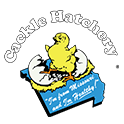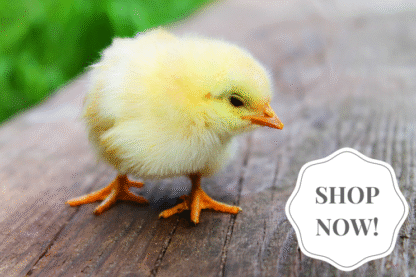
If your poultry flock experiences a health issue, suddenly all those little details you thought you’d never forget, but now you can’t quite remember, become immensely important. In such an event, you’ll be happy you previously understood the importance of keeping a flock history and took a few moments to write down incidents as they occurred.
A flock history is essentially a diary that documents anything and everything pertaining to your flock. Start it the moment you acquire your first chickens. Note the date (or date of hatch — if you purchase by mail, it will be on the shipping carton), source, and strain (if known). Include anything the seller tells you about the birds and their history, and any health certificates that come with the birds.
Document your feed source(s), feeding and management practices, and any changes you make as you go along. Include any vaccinations you give and medications you use. Write things down as they occur, rather than trusting your memory to reconstruct events that might help trace the source of the health issue.
You don’t need to make elaborate notes. In most cases, the date, along with a few key words, should be sufficient. Here is a list of some of the information that would be vital in the face of a flock-wide illness:
Ailing flocks nearby — Note any issues you hear about or read about occurring in or near your area that could potentially spread to your flock.
Previous illness in your flock — A list of any illnesses your flock experiences reminds you of diseases that were already present on your property when the current problem occurred.
Contacts — Any time you introduce new chickens to your flock, visit the flocks of others, have chicken-keeping visitors, borrow or purchase used equipment, visit a poultry show or swap meet, write that down.
Flock age — Some diseases occur early in a bird’s life; others don’t appear until the approach of maturity or even into old age. Knowing the ages of your birds lets you eliminate some conditions and focus on others.
Time of year — Noting the season and related weather conditions may help you identify possible disease carriers that favor those conditions.
Feed changes — Keeping track of what feed you buy and where you buy it, as well as any changes you might notice in your usual feed, can help you identify such potential causes of illness as imbalanced nutrition or toxins in feed.
Duration of illness — When the first signs of illness appear and how long they last can be helpful in making a potential diagnosis.
Rate of spread — Noting how rapidly flock members are falling ill is another important clue.
Past vaccinations — Recording past vaccinations can help you either eliminate diseases that are not likely to be involved because of the vaccination, or identify issues that may occur as a result of vaccination.
Medications used in the past — Noting the past use of specific medications may help identify possible pathogens that developed resistance as a result of a medication.
Medications used recently — A flock that is currently, or has recently been, medicated may experience adverse effects in response to the medication.
Percentage involved — Also known as the morbidity rate, the percentage of birds that become sick can aid with a diagnosis.
Mortality rate — Likewise, noting the percentage of birds that die following illness can provide an essential clue.
Appearance at death — Sometimes a potential diagnosis can be made based on the position and location of a dead bird. Take photographs before moving dead or dying birds.
Hopefully your flock won’t experience a health crisis that requires these kinds of details. But if you ever do have the need, you’ll be grateful you understood the importance of keeping a flock history. Whether you attempt to make your own diagnosis based on reliable sources or you decide to consult an avian veterinarian, your flock history will prove invaluable.
And that’s today’s news from the Cackle Coop.
Gail Damerow is author of The Chicken Health Handbook.

